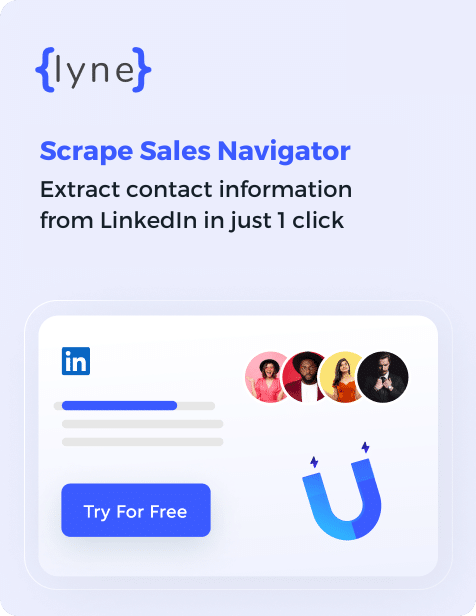Examples of Probing Questions in Sales: How to Ask the Right Questions
Updated: December 20, 2021
Contents
Asking the right questions is important for sales. The right questions can find out buyer needs so you can tailor your approach and subsequent pitch. The wrong questions can turn off customers who are ready to buy, or worse, turn them into competitors. Here are some tips for asking the right questions in sales.
The Importance of Asking Questions
Asking questions in sales is a great way to find out what your customers want. The right questions can help you find out their needs so you can tailor your approach in the subsequent pitch. The wrong questions can turn off customers who are ready to buy, or worse, turn them into competitors.
The importance of asking questions in sales can’t be overstated. If you have a sense of what your customer needs are, then you’ll have the opportunity to provide them with exactly what they need.
If you’ve ever walked into a store without knowing what you want, then you know how frustrating it is. The reason why customers walk out of stores empty-handed is because they didn’t know what they wanted in the first place. You can avoid this frustration by asking the right questions.
Here are some tips for asking the right questions in sales:
What Kind of Questions to Ask
The best questions to ask in sales vary depending on the type of sale. For example, you should use probing questions for a negotiation sale and qualifying questions for a retail sale.
Good probing questions for a negotiation sale:
How to Ask the Right Question
Asking the right questions is an important part of sales. It’s critical to know your buyers and understand their needs to give them the best solution. The wrong questions can turn off customers who are ready to buy or worse, turn them into competitors.
There are a few ways to ask the right questions:
Ask open-ended questions to get the most information possible
Ask the most important question first
Ask questions about how they would like to purchase your product or service
Ask qualification questions to determine if the lead is a good fit
Ask for referrals.
If you want to be successful and close more deals, it’s important to ask the right questions.
What Not to Ask
Asking the wrong question can derail a sale and leave customers feeling unimportant or unvalued. There are a few questions that should never be asked.
“What is your budget?”
This question is too personal and makes customers feel devalued. If they were interested in your product they would have been asking more about it.
“What’s your favorite color?”
This is a tricky question because it can be interpreted in different ways. In general, this question is too personal and should be avoided in sales.
“When are you going to buy?”
This question is a bad idea because it puts pressure on the customer to buy immediately, and if they’re not ready, will make them want to shop elsewhere.
The Resulting Benefits of Asking the Right Questions
Asking the right questions in sales can help you sell more. The right questions will help you find out what a customer needs and what you can offer. This will help you tailor your pitch.
You want to ask questions that are going to help you understand the needs of your customers. That way, you can present a solution to them.
Questions also build trust. The buyer will know that you’re sincerely trying to help. When you ask probing questions, it signals that you’re not just trying to sell to them.
Probing questions also show the buyer you’re willing to listen and understand their needs. Questions also show that you care about your customer’s needs and that you’re not just in it for the quick sale.
Asking the right questions can result in many benefits for your sales process.
Conclusion
It’s important to think about the questions you are asking your customer. The wrong question can have the opposite effect, turning off customers who are ready to buy, or worse, turning them into competitors.
By following these four simple guidelines, you can make sure you ask the right questions in your sales call.
Do your research. Make sure you have an idea of what your customer needs before you begin.
Keep it relevant. Bring up items that are relevant to your customer, or ask open-ended questions that will get them talking about their needs.
Ask for feedback to find out what they think of your product or service.
Leave them wanting more. Ask follow-up questions to find out what they are interested in and would like to inquire about.

Personalize cold emails at scale without the hard work
Personalize at Scale with Lyne.ai
Lyne offers sales personalization and automation at scale






